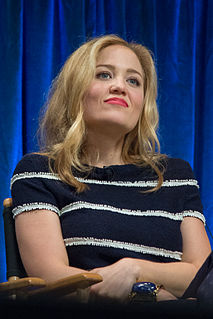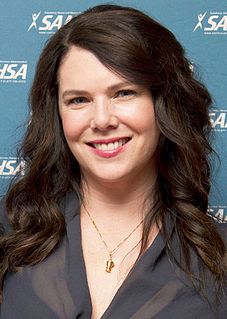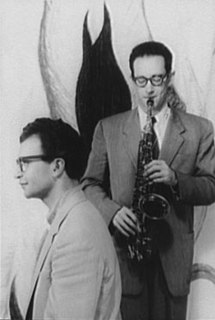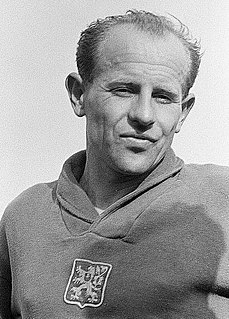A Quote by Nelson DeMille
I turned to the Times crossword puzzle and asked Kate, “What’s the definition of a moderate Arab?” “I don’t know.” “A guy who ran out of ammunition.
Related Quotes
I love words. Sudoku I don't get into, I'm not into numbers that much, and there are people who are hooked on that. But crossword puzzles, I just can't - if I get a puppy and I paper train him and I put the - if all of a sudden I'd open the paper and there's a crossword puzzle - 'No, no, you can't go on that, honey. I'll take it.'
You know that thing where you're trying to do the crossword puzzle, and you're trying to fit the word that's in your head in the puzzle, and then you go 'Ugh!' and you walk away, and then it comes to you. I'm interested in that moment. The release of expectation, and the release of pleasing yourself and pleasing anybody. Breaking the mindset.
I think that at the end of the day I'm drawn to a certain level of ambiguous storytelling that requires hard thought and work in the same way that the New York Times crossword puzzle does: Sometimes you just want to put it down or throw it out the window, but there's a real rewarding sense if you feel like you've cracked it.
I think that, at the end of the day, I'm drawn to a certain level of ambiguous storytelling that requires hard thought and work in the same way that the 'New York Times' crossword puzzle does: Sometimes you just want to put it down or throw it out the window, but there's a real rewarding sense if you feel like you've cracked it.


































